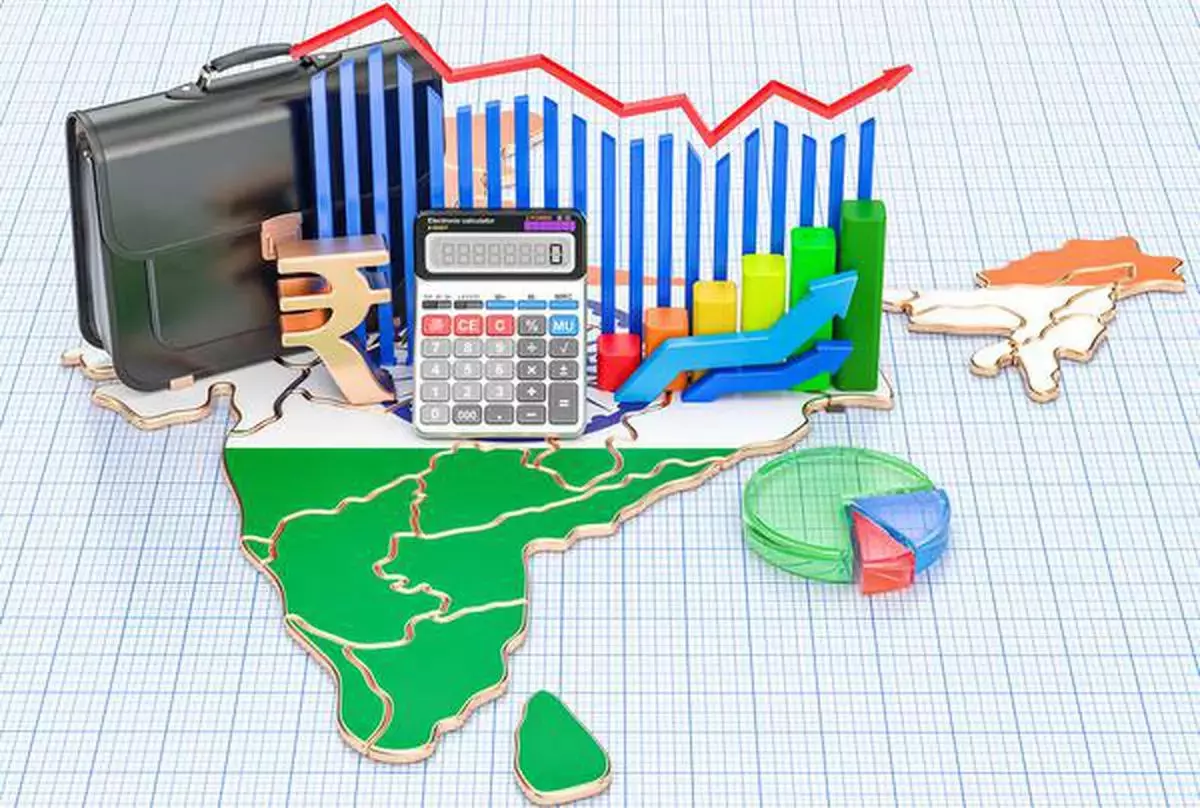Record GST mop-up reflects robust eco, audit efficacy; raises hope for further reforms: Experts
The GST collections, which include central and state mop-up, breached the Rs 2 lakh crore milestone in a month for the first time since the rollout. Tax collections grew 12.4% to a record high of Rs2.10L-cr in April. There was a 13.4% increase in April tax revenues from domestic transactions and 8.3% from imports
image for illustrative purpose

New Delhi: The record Rs 2.10 lakh crore GST collection in April is a reflection of the robust economy and effectiveness of audit and scrutiny by the tax department, tax experts said on Wednesday. The record mop-up also raises hopes for the next round of tax reforms after the new government comes to power, they added. Experts said the collection is a testimony to higher self-compliance and better enforcement measures. Also, increased consumer spending on purchases of air conditioners and beverages to beat the summer heat has aided the record collection.
Deloitte India Partner MS Mani said these collections, which relate to transactions in goods and services during March 2024, could be the tipping point in the GST collection trajectory. "While some part of the increased collections is attributable to the financial year-end upswing, it is also reflective of the significant improvements in GST compliance by businesses," Mani said.
PwC India Partner Pratik Jain said that with the next wave of GST reforms expected after the formation of the new government, the growth (in GST collections) may be further accelerated. It may also enable the government to make bolder decisions like rate rationalisation or bringing other products, such as ATF and natural gas, under the GST ambit. A panel of state finance ministers is already examining the proposal for the rationalisation of GST rates and slabs. It is expected that there could be some forward movement in the panel's discussions after the Lok Sabha polls.
BDO India Partner & Leader (Indirect Tax) Gunjan Prabhakaran said the record GST collections have come on the back of strong growth in mop-up from northern states like Uttar Pradesh, Punjab, Haryana, Delhi etc. "The GST collection in April month has traditionally been higher, given that it reflects the economic activity in March, which is the last month of the fiscal year," Prabhakaran said.
The GST collections, which include central and state mop-up, breached the Rs 2 lakh crore milestone in a month for the first time since the rollout of the unified tax system. Goods and Services Tax collections grew 12.4 per cent to a record high of Rs 2.10 lakh crore in April. The revenue growth was aided by strong economic momentum and increased domestic transactions. There was a 13.4 per cent increase in April tax revenues from domestic transactions and 8.3 per cent from imports.
KPMG in India Partner & National Head (Indirect Tax) Abhishek Jain said the consistent growth in GST collection reflects upon the strong domestic economy, especially given the fact that growth on account of domestic transactions is 13.4 per cent as compared to imports, which is at 8.3 per cent.
Nexdigm Senior Director (Indirect Tax) Sanjay Chhabria said the significant rise in domestic transactions can be attributed to consumer spending being focused on beating the summer heat, with purchases like air-conditioners, beverages, as well as increased travel during long vacations from schools and colleges.
Tax Connect Advisory Services LLP Partner Vivek Jalan said from July 2017, when GST started with an average monthly revenue of around Rs 0.9 lakh crore, to April 2024, when it grossed Rs 2.1 lakh crore, GST revenues have witnessed an approximate growth of 13 per cent per annum on average. Considering the inflation at 5 per cent and GDP growth of 7 per cent, there has been an average buoyancy of 1 per cent on an average per annum over the last seven years, Jalan said.
Primus Partners Managing Partner Shravan Shetty said key factors to consider for the coming months would be the current heat wave and the impact of it on manufacturing and services output. Also, the coming monsoon will impact the agricultural and rural economy, which will determine GDP growth and GST collections in the second half of the year, he added.

